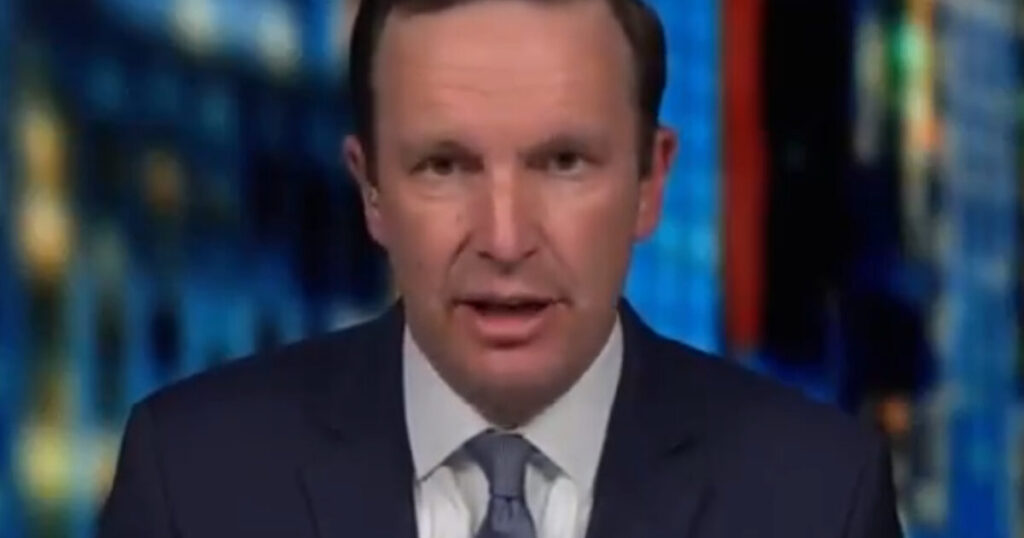In a recent interview with CNN, Democratic Senator Chris Murphy expressed grave concerns regarding Elon Musk’s endorsement of the Alternative for Germany (AFD), a far-right political party. Murphy’s comments arose after Musk suggested that the AFD is the only party capable of addressing Germany’s challenges. The AFD has been classified as extremist by the German government, with ties to negative historical narratives, particularly the Nazi era, making Murphy’s comments all the more charged. The senator described the AFD as “essentially the neo-Nazi party in Germany,” asserting that their existence aims to rehabilitate the image of the Nazi regime and promote harmful ideologies focused on ethnonationalism, which pose risks to society by advocating for the exclusion of non-native Germans.
Murphy’s vigorous condemnation points to a larger concern about the implications of high-profile endorsements from influential figures like Musk. He highlighted the influence Musk has due to his close association with the U.S. presidency and suggested that what Musk endorses can unwittingly reflect or lead to shifts in the political stance of the U.S. government itself. The senator warned that official U.S. support for groups that harbor extremist views could have catastrophic consequences, not only for Germany and Europe but also for the U.S. This raises critical questions about the acceptable boundaries of political discourse and the dangers posed when tech magnates leverage their platforms to bolster extremist parties.
In defense of the AFD, some commentators have argued that the party is mischaracterized and that its core mission revolves around conservative principles, such as opposition to mass immigration and a focus on maintaining national identity. Critics of Senator Murphy’s claims contend that labeling the party as neo-Nazi distorts the reality of its platform, portraying it instead as one of many conservative entities across Europe. This debate underscores a broader tension in contemporary politics over the interpretation of nationalistic sentiments and immigration policies, which are increasingly salient in European discourse.
Adding complexity to this dialogue is a recent violent incident in Germany involving an immigrant from Saudi Arabia. The attack at a Christmas market in Magdeburg, which resulted in fatalities and injuries, has reignited discussions surrounding immigration and public safety. Some observers argue that such events bolster the AFD’s arguments regarding the dangers linked to immigration, thereby complicating efforts to disentangle legitimate political discourse from extremist rhetoric. The juxtaposition of this attack with Murphy’s accusations of endorsement raises further questions about the responsibility of politicians and public figures to engage with these themes cautiously and constructively.
The interplay between Musk’s influence, the German political landscape, and the subsequent reactions leads to an essential inquiry into how public figures can shape narratives. Musk’s recent comments have ignited discussions on whether social media platforms like X serve as conduits for extremist rhetoric or if they merely reflect genuine political sentiments in society. This highlights the imperative for heightened awareness of the potential ramifications of online endorsements, especially when associated with parties that may harbor dangerous ideologies.
Ultimately, this situation with the AFD and Elon Musk raises pressing political and ethical issues about the nature of endorsement in the digital age. As influential figures communicate their views globally, the responsibilities tied to their platforms become increasingly complex. Murphy’s statements reflect not just concerns about particular political parties but also the broader implications of such endorsements on democratic values and societal cohesion in a time of rising extremism. The ensuing debates will likely continue as society grapples with these challenges in the face of political polarization and the potential for extremist ideologies to gain traction amid growing societal tensions.

